Bree Kennedy: Why did you become a veterinarian?
Within the vet industry we talk a lot about work/life balance, the suicide rate in veterinary medicine (1 in 6 veterinarians have considered suicide and women veterinarians are 2.4 times more likely to commit suicide then anyone in the general population), and the increasing number of vets leaving the equine industry; despite all of that, there is no other industry I would rather be a part of.
Growing up with four, very outgoing, very loud sisters I found comfort in the quietness of animals. I was the quiet nerd of the family and constantly had my head buried in books and school work. My free time was spent at the local stable, mucking stalls and feeding horses in exchange for lessons. The more time I spent with horses the more they fascinated me. Building enough trust that a 1200 lb animal is willing to jump over a fence or walk unknown trails without hesitation and trusting enough in return that the horse wouldn’t hurt you (at least not on purpose). There was honesty in the partnership. Volunteering at a therapeutic riding center, I realized just how strong the human-animal bond could be. I witnessed kids who struggled to communicate and navigate the world thrive simply by talking to, grooming and riding horses. Working with horses they gained confidence, felt heard, and developed an intense respect for another being.
My curiosity and thirst for knowledge drove me to study animal science in college. Between classes, I spent my free time at the college barn teaching lessons. I never felt like I knew enough and was constantly searching to learn more about everything and anything. I soon realized, I wouldn’t be satisfied unless I was learning constantly. After that, the pull toward veterinary medicine was natural.
I was excited to have a career in which I could continuously grow, adapt, and learn. More importantly, I was excited to become an active member of a community that gives back to the animals that give themselves fully to those around them. In veterinary medicine we see a lot of sadness, grief, and struggle but we also get to see triumphs, growth, and happiness. We have the immense privilege of helping owners help their horses. Being able to be a part of that is something I wouldn’t trade for the world.

